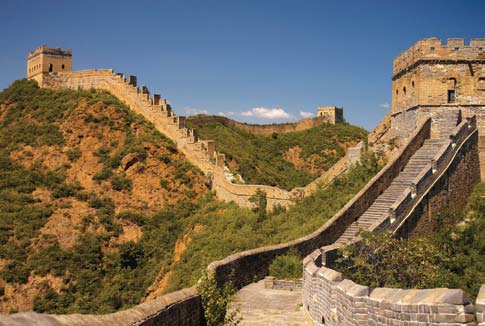
Last fall, Richard Suttmeier, a UO political scientist, said what few would dare: China, a major American supplier, can't avoid production scandals until its manufacturers undergo an ethical and institutional overhaul.
At that time, testing had just confirmed what Chinese parents had suspected -- that much of China's infant milk formula was tainted with melamine. Investigators believed that the chemical had been added purposefully to increase the formula's apparent protein content by increasing its nitrogen levels. This winter, an article from The Associated Press claimed that the additive had "killed at least six children and sickened nearly 300,000."
This was just the latest in a series of scandals over manufactured goods, including dangerous toys and melamine tainted pet food.
Suttmeier, an emeritus professor with expertise in Chinese public policy, talked with The Christian Science Monitor in an attempt to explain both the rise in industrial scandals and their potential solutions.
"There are more individual producers than the government could ever regulate," Suttmeier told the newspaper. "What is really needed is a cultural shift." He called for a wide range of reforms. Markets have to starve misbehaving companies, he said, and victimized consumers have to be able to sue irresponsible and unethical manufacturers.
In a paper entitled The "Sixth Modernization"? China, Safety, and the Management of Risks, Suttmeier urged importers, including the U.S., to inspire a new culture of responsible Chinese manufacturing. Make product safety a higher priority, he suggested, export the best regulatory practices and assist China's government in developing effective risk management.
Safety and quality issues have often accompanied rapid industrialization and commercial success. Western Europe, North America and Japan saw similar lapses in quality as they evolved into modern consumer-driven economies, said Suttmeier. Once wealth increased, basic human needs were met and government caught up with the speed of industrial progress, the problems were reduced.
If China doesn't follow a similar pattern, Suttmeier warned, more scandals are inevitable. As he concluded in his paper, "China's response to these problems through efforts to strengthen state regulatory agencies is a necessary, but not sufficient, step."
- Chrisanne Beckner



 Watch Darwin talks, read an essay by the "Weird Science" professor.
Watch Darwin talks, read an essay by the "Weird Science" professor.